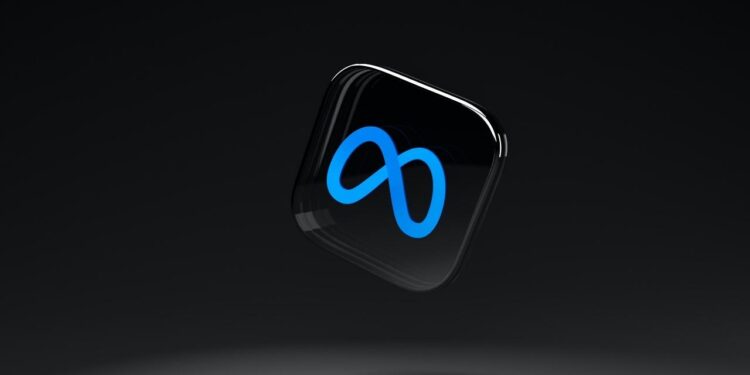Meta has developed a new AI model -— referred to as a “universal speech translator” — that has the ability to translate 200 languages.
The tool hopes to expand upon current models and expand language accessibility to underserved regions. By doing so, Meta has a larger chance of understanding its user base, as well as enhancing its advertising capabilities (which makes up 97% of its revenue).
“Translation doesn’t even work for the languages we speak, so that’s why we started this project,” said Angela Fan, a Meta AI research scientist who contributed to the project.
“We have this inclusion motivation of like — ‘what would it take to produce translation technology that works for everybody?’”
Translation tools have historically accommodated the world’s most common languages, but Meta’s model sets itself apart by incorporating “low-resources languages,” which are languages with less than 1 million publicly-translated sentence pairs.
The further globalization of language translation can have a tremendous impact on how businesses function. From hiring strategies to audience reach, Meta’s tool may further blur the geographical lines that separate consumer and professional audiences.



 Dr. Gleb Tsipursky – The Office Whisperer
Dr. Gleb Tsipursky – The Office Whisperer Nirit Cohen – WorkFutures
Nirit Cohen – WorkFutures Angela Howard – Culture Expert
Angela Howard – Culture Expert Drew Jones – Design & Innovation
Drew Jones – Design & Innovation Jonathan Price – CRE & Flex Expert
Jonathan Price – CRE & Flex Expert











